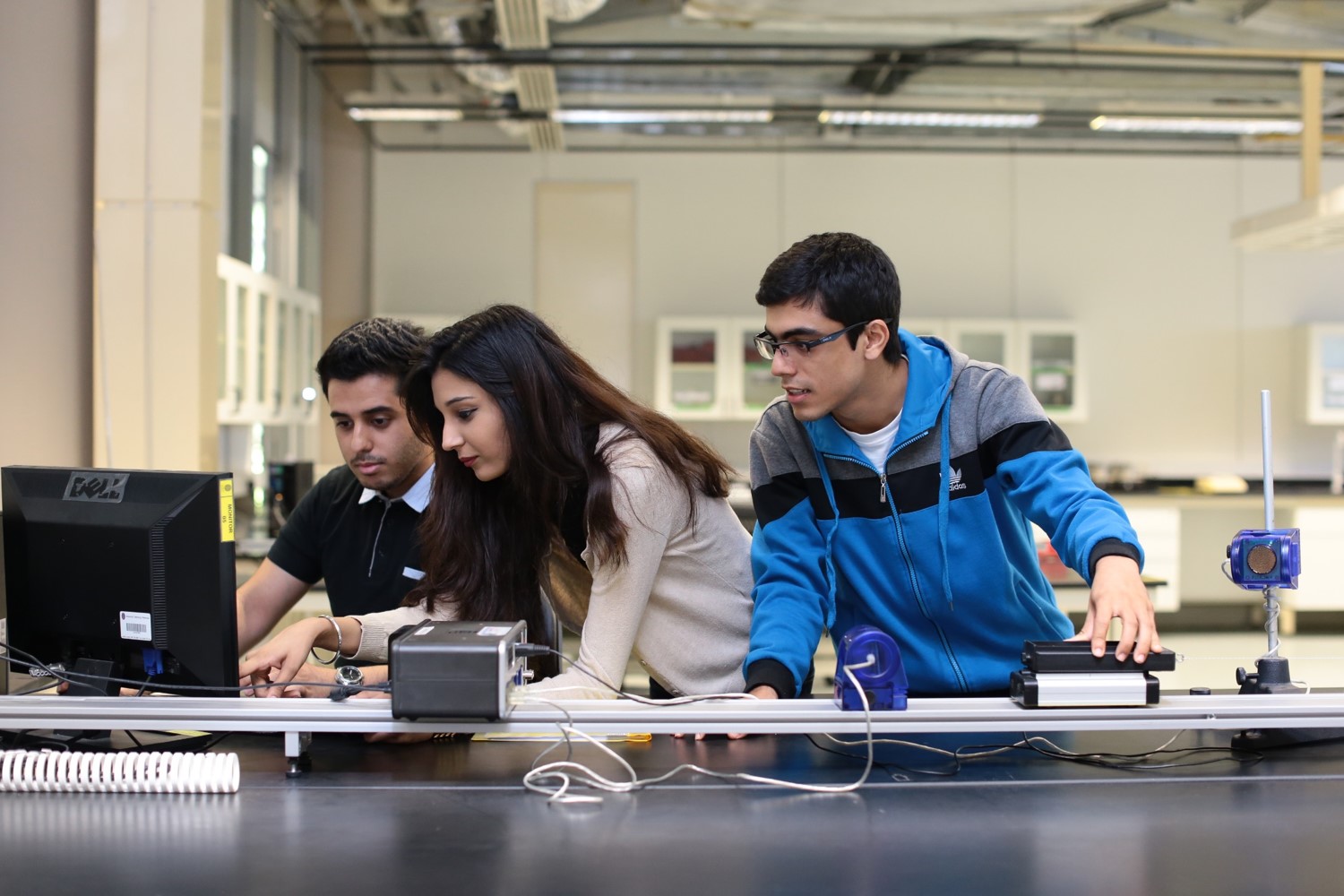
About us
MARE aims to develop adaptive, end-user-oriented and internationally-relevant curricula to support sustainable management and governance of coastal and adjacent marine areas of partner countries: Malaysia and Vietnam, and to create sustainable feedback mechanisms to end-users, ensuring practical relevance of teaching contents and knowledge co-production opportunities.
The underlying assumption is that most of relevant research and teaching already exist in place in these countries, however, an effort is still needed to frame and integrate them, to equip teachers and learners with e-learning tools, and to enrich with the expertise of EU and other consortium partners (also through joint research, exchanges and e-tools).
Focus areas
The project will focus on the following priority issues:
- Coastal science and management: science, management, technology and policy issues related to the coastal zones and land-sea interactions in general; particular attention will be based to adaptive co-management and policy and technological innovation in support to adaptation plans; another major foci are tourism and urbanisation, and integrative solutions for addressing these challenges.
- Delta science and management: science, management, technology and policy issues related to delta areas, particularly targeting Mekong and Red River (VN); the foci will be on urbanisation, sustainable agriculture and aquaculture, pollution prevention and control, and sustainable regional and urban planning informed of ecosystem services and nature-based solutions.
- Area-based management: the focus is on policy and management instruments, such as marine protected areas, pollution control zones, or fisheries closures, and other institutional frameworks and marine spatial management tools, which are in use or under development in order to ensure sustainable governance of marine resources and to prevent potential conflicts.
- Fisheries, seabed resources & food security: science, management, policy and technology in support sustainable fisheries and sustainable seabed management; the theme further involves such governance aspect as interactions of actors, drives and impacts relevant for sustainable management of marine bioresources, trade-offs it involves (e.g. related to aquaculture, biodiversity conservation, urbanisation and tourism, navigation and harbour development).
- Offshore exploration & mining: science, management, technology and policy in support to sustainable offshore mining and exploration, recognising the scale and importance of the issue in MY and its growing importance in VN; a particular attention will be on interactions and trade-offs with other MARE themes.
Curricula
The action will mostly focus on bachelor’s and master’s levels (revision of curricula, development of new courses and modernization of existing ones, launching of new specialization streams), however it will also address selected aspects of doctoral provision (development of multidisciplinary research agenda, development of organizational capacity for networking and joint research). The MARE e-learning system will be developed in order to enable sharing and dissemination of learning contents across the project network; series of webinars for master’s and PhD students will be piloted and arranged as regular events; interactive e-courses with case studies’ collections will be developed for each of the priority areas.
Communities
Business and policy communities will be targeted by annual academia-praxis national seminars and the formal praxis-academia network to be established on the seminars. The national and international academic communities will be reached through annual international conferences followed up by special issues of high-impact international journals.
Capacity Building
The capacity-building action will be supported by equipment and software acquisition for HEIs in partner countries, and by training for academic staff, PhD students, IT and administrative staff. The training events will be on multidisciplinary research methodology, research tools (in particular geospatial) and project priority issues, on curriculum development and teaching tools and methods, and on ICT issues.
Disclaimer
The European Commission support for the production of this publication does not constitute an endorsement of the contents which reflects the views only of the authors, and the Commission cannot be held responsible for any use which may be made of the information contained therein.
This project No. 610327-EPP-1-2019-1-DE-EPPKA2-CBHE-JP has been funded by Erasmus+ CBHE programme of the European Union.

